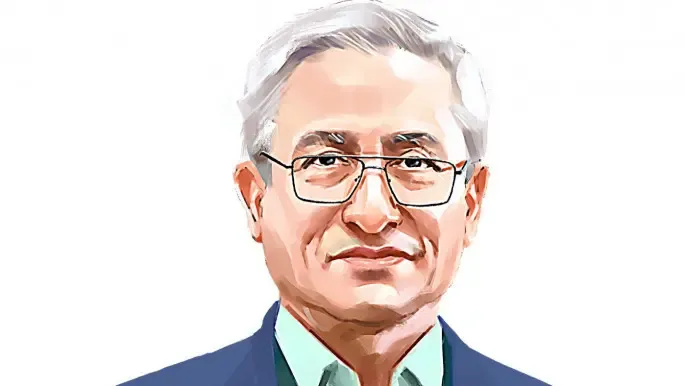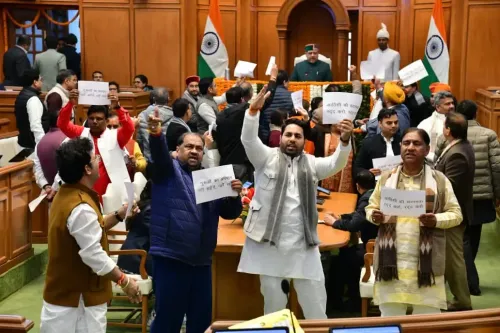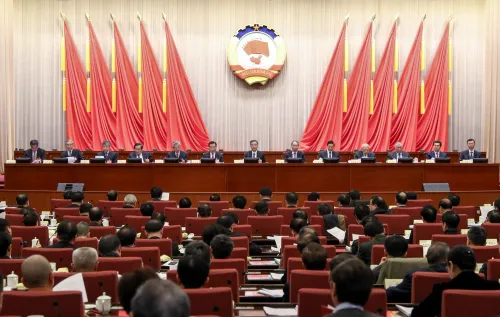Have Bangladesh’s Watchdog Institutions Fallen into Imitation?

Synopsis
Key Takeaways
- Anti-Corruption Commission has shifted from watchdog to lapdog.
- Parliament has become a scripted performance rather than a legitimate oversight body.
- Political capture affects key institutions, including Bangladesh Bank.
- Reform requires deeper shifts in perspective beyond technical fixes.
- Voter advocacy for integrity is essential ahead of the elections.
Dhaka, Nov 2 (NationPress) As Bangladesh gears up for the February 2026 elections, the nation’s institutions, originally established to counteract excesses, seem to have succumbed to imitation, as highlighted by a recent media report.
The Anti-Corruption Commission (ACC), founded in 2004 to tackle corruption, now elicits irony. Following a 2013 amendment mandating government approval to probe officials, the ACC has shifted from a vigilant watchdog to a compliant lapdog, noted Zahid Hussain, former chief economist at The World Bank's Dhaka Office, in an article featured in The Business Standard.
The Commission occasionally raises its voice, but only when authorized — and never against the powerful. Its leash is held by those it was designed to challenge, as mentioned in the article titled “Bangladesh's Gilgamesh dilemma.”
While highlighting oversight bodies like the ACC, Parliament, and Bangladesh Bank being politically compromised, the report stated that Parliament, which is structurally meant to oversee the executive, has devolved into a platform for orchestrated performances.
Budget sessions proceed with little scrutiny. Committees generally fail to function effectively. Opposition voices are either nonexistent or merely for show. Parliament reenacts Gilgamesh — the ancient king of Uruk who ruled with unchecked authority — not by exercising power, but by merely reflecting it, according to the report.
Bangladesh Bank, previously a bastion of financial integrity, has shifted into the political sphere. In 2013, it sanctioned nine new banks based on their connections to the ruling elite. Regulatory leniency — regarding loan restructuring, capital adequacy, and enforcement — has been applied selectively, the report indicated.
A 2025 ACC investigation implicated three former governors in significant financial scandals, ranging from the Hallmark scam to the reserve heist, wrote Hussain.
The Gilgamesh dilemma is not limited to official institutions. Professionals, media, and civil society—those beyond the state—are also affected. Many enter public life with aspirations for reform, only to be drawn in by access, prestige, and proximity to power.
Policy briefs morph into endorsements. Silence turns into strategy. The fervor of civic resistance is subdued by the allure of belonging. The temptation of Enkidu is not confined to institutions; it resides within us, stated the report.
This is the imitation game: oversight becomes a performance, resistance morphs into ritual, and reformers turn into reenactors. The system does not quash dissent; it co-opts it, wrote Hussain.
To escape the Gilgamesh trap requires more than mere technical adjustments. While tenure limits, rotating leadership, digital transparency, and tamper-proof procurement are essential, they are inadequate without a profound transformation in how reform is envisioned and articulated, the report emphasized.
As Bangladesh nears the February 2026 elections, voters must advocate for systems that prioritize restraint over proximity, and integrity over spectacle, the report concluded.










